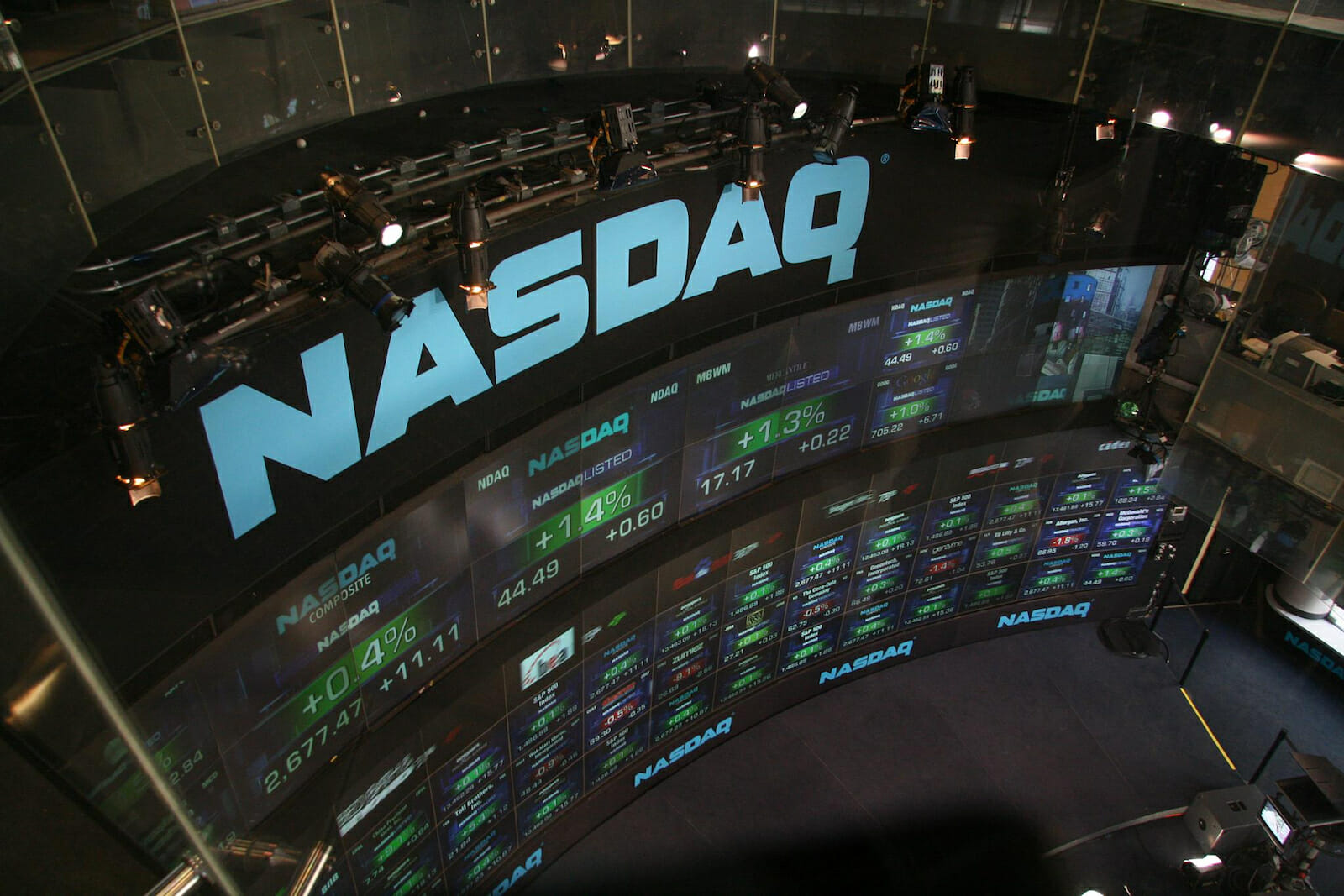
Business
Don’t Blame China for the Carnage in Global Stock Markets
As the carnage in global stock markets continues, it is tempting to want to revert to the lessons of history as a source of potential salvation. Many financial forecasters are trying to make sense of this emerging global market crash by saying that because the markets behaved a certain way in the past, they will be doing something similar now. Yet, for many reasons, that is a less and less compelling point of view.
We know that the dynamics governing the global economy have changed substantially over the past 20 years. America is no longer the engine of global growth, the developed world no longer consumes the majority of the world’s raw commodities, and there is a single global marketplace. Even before China officially assumes the mantle as the world’s largest economy, the world is treating China as if it were – and justifiably so.
Many are pointing to China as the epicentre of carnage, but in doing so, they are missing some important considerations. While China may be the poster child and most visible manifestation of some of the structural defects in the global economy, it is merely a symptom rather than the cause.
China certainly didn’t invent greed, lax risk management, inadequate regulatory enforcement and short memories – all of which precipitated the Great Recession’s origins in the US. The basic ingredients that got the world into trouble in 2008 remain in play. Greed certainly hasn’t disappeared and, as is abundantly clear, people still have short memories. Although risk management procedures and regulatory enforcement mechanisms have definitely improved worldwide, the propensity to water them down has gained momentum – no more so than in the US.
China also didn’t create global supply chains, electronic money flows or instant communication, which have accentuated the speed with which markets can rise and increased our vulnerability to economic downturns. China became the “drug” that the world’s “addicts” (commodity producers, goods importers and seekers of cheap labour) needed. So, it’s easy for the world to point the finger at its own creation.
Global investors and lenders have learned little since 2008, creating more bubbles, ignoring more warning signs, and, until recently, still partying as if it were 1999. But the chickens are coming home to roost. Then, as now, we are our own worst enemy.
Bankers remain greedy, lobbyists still find ways to water down rules that restrict the freedom of movement of their constituents, and risk managers have been busy trying to figure out how to remain in compliance at the very edge of new rules. Voters round the world continue to elect lawmakers with a vested interest in perpetuating the current system. The result is a global polity that is rotten to the core. Is it any wonder we’re in a mess?
If the Great Recession wasn’t enough to change the hearts and minds of the bankers, legislators, lobbyists and voters then, what would be enough now? We all bear responsibility for perpetuating a terribly broken system. Each actor has played its part to keep the system operating this way. The Great Recession affected the world much as China’s stock market crash is doing today, and for similar structural reasons.
Since the market is not self-regulating, even greater restrictions should be put in place over how investors may invest and lenders may lend. Regulators need to do a better job of enforcement, and risk managers must focus on managing risk rather than skirting rules. And since greed is part of the human condition, we should all do something to remember the lessons of the past. Pointing the finger at China won’t achieve that end, any more than blaming America did in 2008.

